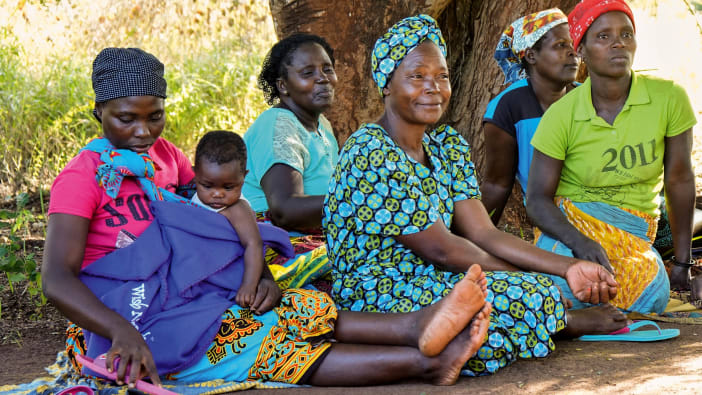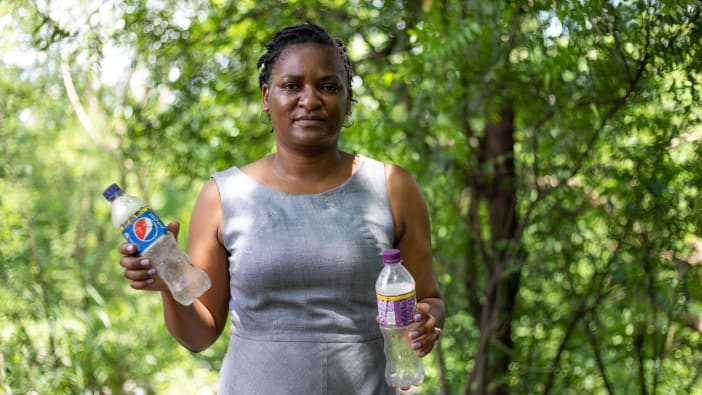Therefore, Tearfund’s partner consulted with churches in 65 of the 75 districts in the country. They asked these communities what their most pressing poverty needs were. From these consultations, Tearfund’s partner and local church leaders agreed to a Commitment Statement that:
- described the consultation process and the top five priority needs identified across the nation
- called on the nation’s leaders to focus their efforts on tackling these issues
- confessed that the church had not always played its part in addressing these issues and asked for forgiveness
- committed the church to do its part in addressing the priority poverty issues in the future
Later, Tearfund’s partner held a rally at a national government conference to share their Commitment Statement, to support effective implementation of existing national public policies and to build relationships between government officials and church leaders. There were 1,000 participants, including individuals from national media outlets, the Finance Minister and the Minister of Commerce, Industry and Supplies.
After attending this conference the Finance Minister said, ‘I had misunderstood Christianity because I used to think Christians were just trying to promote their religion, but now I know you are not religion changers, you are a society of nation builders.’ This relationship-building has allowed Tearfund’s partner and local churches to engage successfully in contributing to the new constitution-making processes while promoting protection of the poor.
Tearfund’s partner has also trained church leaders to use advocacy and raise awareness in their own communities. Once churches have passed these skills on, these communities can then advocate for the poverty issues they face. This process has mainly centred on making these communities more aware of the national laws that already exist to support those living in poverty, and on enabling marginalised groups to access relevant local government funds. Many of the approximately 600 local churches who were trained have since engaged with their communities and political leaders on social issues for the first time.







